When Sam Shepard, 74, of Verbena, Ala., lost his battle with cancer on September 22, the cutting horse world not only lost a champion, but a devoted friend, mentor and advocate. Shepard was inducted into the NCHA Members Hall of Fame in 2015, after he had earned entry into the Riders Hall of Fame in 2002, and served as president of NCHA in 1992 and 1993.
“The one single thing that I like most about cutting is the people,†said Shepard. “I’ve met so many interesting people from so many different walks of life.â€
Raised on a small peanut farm in southeastern Alabama, Shepard was introduced to cutting horses while in college. But he had already graduated and established a career as Director of Vocational Schools for the State of Alabama, in the early 1970s, before he joined NCHA as a non-pro and began to train and show his own horses.
“I won a second the first time I ever showed†he said. “They had a big open cutting in Dothan, Alabama on the first of January and there were 47 horses in the class. I’ll never forget it. Of course I was hooked and I’ve never gotten over it.â€
Although Shepard continued to ride locally in weekend events during the 1970s, he was drawn to limited age events. “I tried it a time or two, but even on a good salary, I really couldn’t afford to play the game,†he explained. “In order to ride young horses, I came to the realization that the only way I could do it was to ride somebody else’s horses, because I couldn’t afford $15,000 or $20,000 for just a decent colt.â€
As a successful non-pro weekend competitor, Shepard was well known on the Southeast circuit, so when he turned in his non-pro card he had few problems acquiring clients, and for three years he juggled a full-time job and training horses for clients.
“I went from three or four horses of my own to having ten or fifteen that I had to ride,†he recalled. “I had three part-time helpers that came in the afternoon, when I got off of work, and we worked horses until midnight. Then I got up at six the next morning and went to work. I did that for about a year and I was wearing myself pretty thin. I had to decide whether I wanted to go on with the horses.â€
Shepard’s boss with the State of Alabama offered to give him a leave of absence for one year. He could try cutting full-time for a year, but still have the option to return to his job, if things did not work out. But given the opportunity to devote full time to cutting, Shepard had a steady stream of limited age event money earners and he never looked back. And it was Desire Some Freckles, owned by Rockin 5 Ranch of Fairhope, Ala., champion of the 2001 NCHA Classic/Challenge, who gave him his first notoriety.
“That was the first major event that I’d won in Fort Worth,†said Shepard of the 2001 Classic Challenge. “The first stepping stones as a trainer is to try and make the semi-finals and the finals of one of the major events in Fort Worth.â€
Shepard maintained his edge in Fort Worth, but never lost his love for the Southeast limited age and regional events, where he won the Southern Futurity, Augusta Futurity, and NCHA Eastern National Championships multiple times.
“The disadvantage to living outside of Fort Worth and Weatherford is that it’s like baseball and every game is away from home,†Shepard noted. “But (NCHA) has to have trainers somewhere in addition to Weatherford. There are people all over the United States who want to ride and show and who enjoy doing it. Thank goodness we’ve got trainers everywhere that there is an interest. I think that is vital in keeping our organization as strong as it is.â€
Cutting was also a family affair for Shepard, whose sons Austin and Harris are both trainers and have worked closely with their father. Austin, 43, an NCHA Hall of Fame Rider and one of the sport’s all-time leading money earners, has his own training facility in Summerdale, Ala., and Harris, 26, lives in Verbena.
Past memories and memories-in-the-making were also an important part of the cutting experience for Shepard. “Through these horses, we have so many exhilarating moments and so many terribly disappointing moments, too,” he said. “But those lows are what make those highs seem so good and make it fun. I wouldn’t change anything.â€
